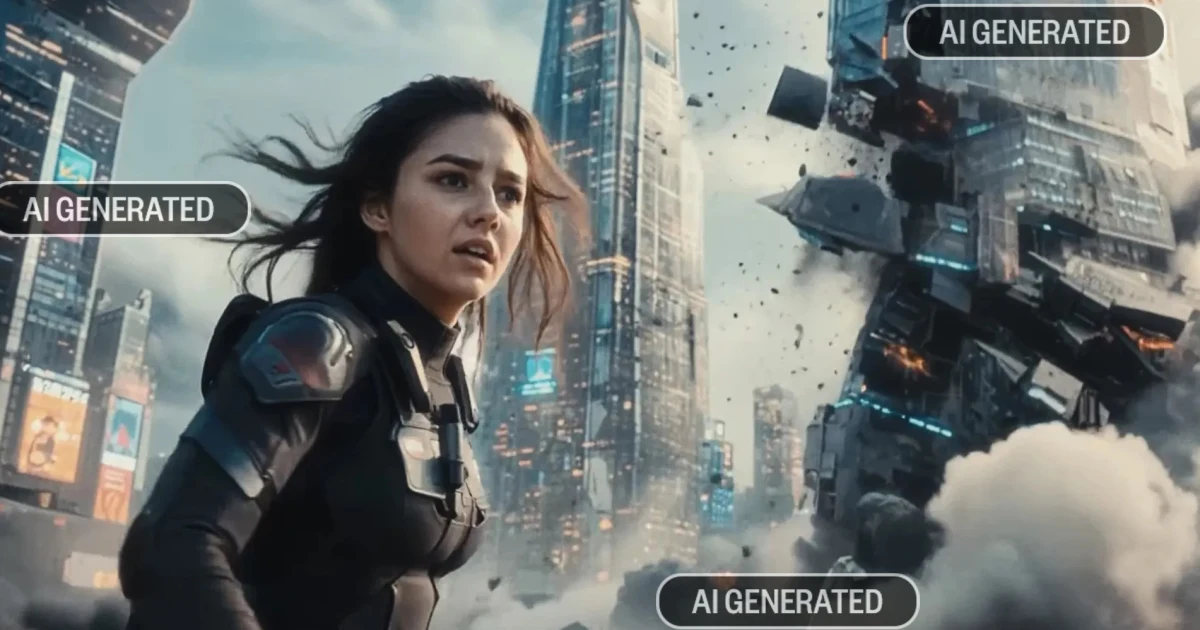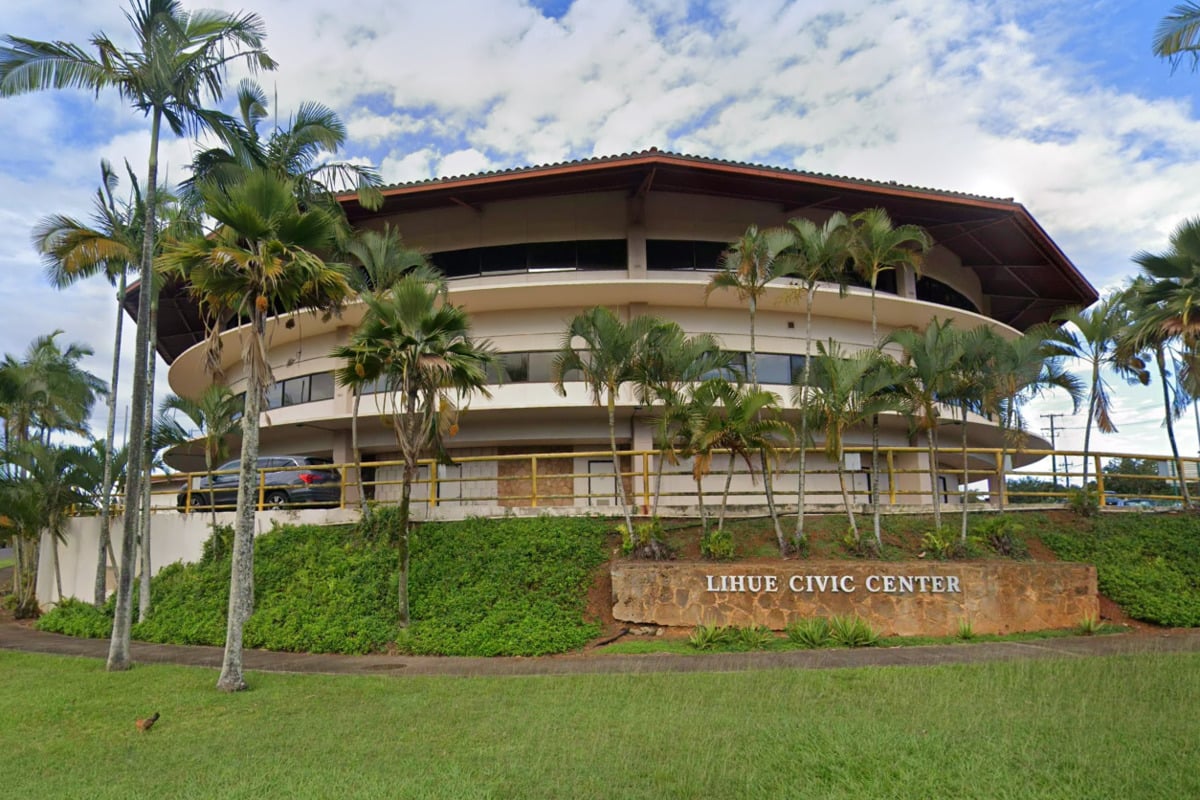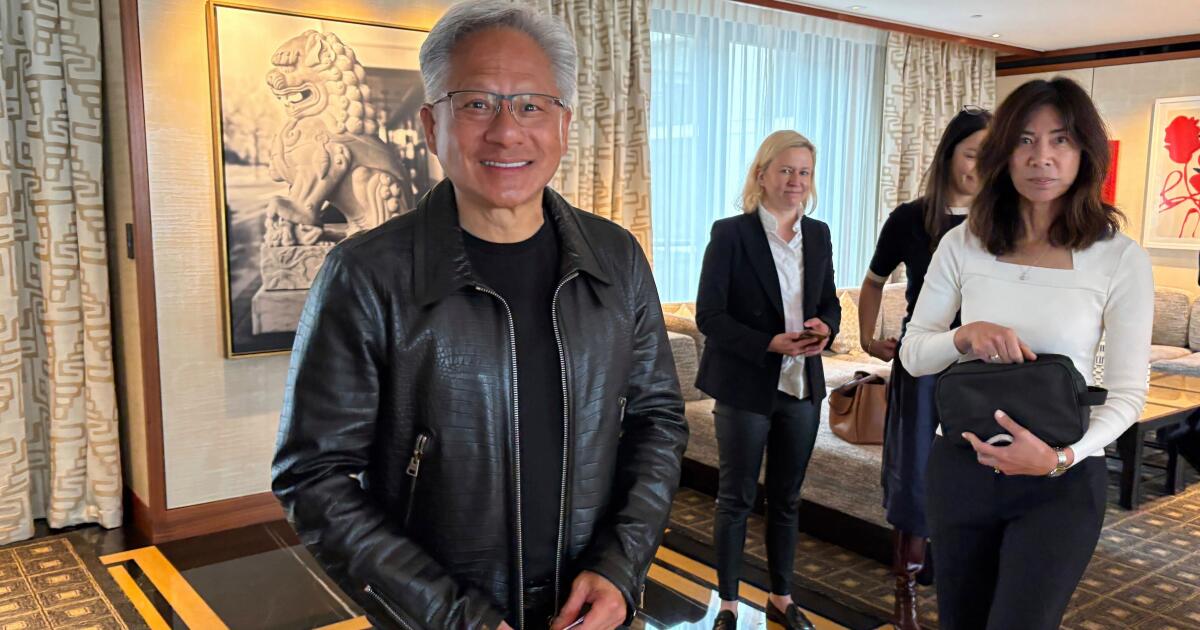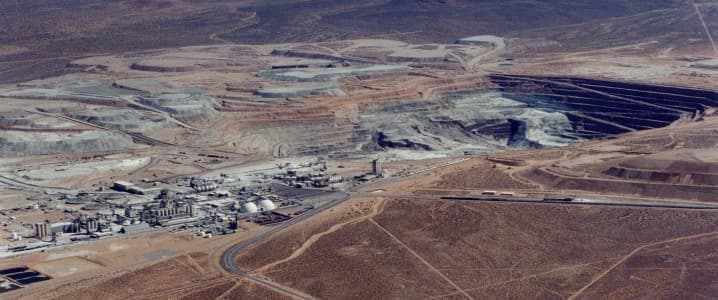
In an announcement that has received massive backlash across Hollywood, Eline Van der Velden, the Dutch founder of what she calls “the world’s first artificial intelligence talent studio,” told a film festival panel over the weekend that her artificial intelligence “actor” Tilly Norwood has received attention from multiple talent agents. It follows Van der Velden’s statement to Broadcast International over the summer that “We want Tilly to be the next Scarlett Johansson or Natalie Portman, that’s the aim of what we’re doing.”
But the public isn’t asking for AI entities to replace human actors.
According to Variety, Van der Velden told the panel at the Zurich Film Festival last weekend that “Tilly” was initially met with skepticism in studio boardrooms, but their interest has increased — and that in the coming months she plans to announce who will represent the AI creation. It’s not clear what contributed to the alleged increased interest in Tilly, but one possibility, assuming it’s true, is that the technological sophistication of an AI-generated video by Van der Velden’s AI company released this summer piqued the curiosity of talent agents and film studios.
Entrepreneurs and the capitalist class are relentlessly seeking to deploy AI in a manner that exceeds its reasonable use cases.
While Van der Velden’s comments at the festival sounded triumphant, NBC News points out that actors across Hollywood have responded with horror and anger. Actors Emily Blunt, Lukas Gage, Melissa Barrera and Kiersey Clemons, for example, have slammed the AI creation.
“Does it disappoint me? I don’t know how to quite answer it, other than to say how terrifying this is,” Blunt said in an interview in response to the news about Tilly. When Blunt was shown an image of Tilly, Blunt responded with shock. “No, are you serious? That’s an AI? Good Lord, we’re screwed. That is really, really scary. Come on, agencies, don’t do that. Please stop. Please stop taking away our human connection.”
“The View” co-host and actor Whoopi Goldberg, one of the rare talents who’s won an Emmy, Grammy, Oscar and Tony (EGOT), had a different response. She said, “It’s a little bit of an unfair advantage. But you know what? Bring it on. Because you can always tell them from us.”
I don’t share Goldberg’s confidence. The tech is getting so good so quickly — and it’s only going to get better — that it’s conceivable that AI creations could be inserted into movies and shows without some audience members being able to tell they aren’t real.
The Screen Actors Guild-American Federation of Television and Radio Artists, or SAG-AFTRA, seems vigilant about that possibility, and its statement Tuesday catalogs the many ways AI talent is problematic:
To be clear, ‘Tilly Norwood’ is not an actor, it’s a character generated by a computer program that was trained on the work of countless professional performers — without permission or compensation. It has no life experience to draw from, no emotion and, from what we’ve seen, audiences aren’t interested in watching computer-generated content untethered from the human experience. It doesn’t solve any ‘problem’ — it creates the problem of using stolen performances to put actors out of work, jeopardizing performer livelihoods and devaluing human artistry.
At least one talent agency came out and said that it refuses to work with “Tilly Norwood.”
Van der Velden has responded defensively to the condemnations. “To those who have expressed anger over the creation of our AI character Tilly Norwood: she is not a replacement for a human being, but a creative work — a piece of art,” she said. “Just as animation, puppetry, or CGI opened fresh possibilities without taking away from live acting, AI offers another way to imagine and build stories.”
But Van der Velden’s statement is glib nonsense. She has explicitly pitched Tilly as a replacement for human beings — otherwise why liken her to “the next Scarlett Johansson or Natalie Portman”? Why is she fielding talent agents for real actors? What is the value proposition of Tilly Norwood as an “AI actress” if not to resemble a human so much that it could replace a human actor? And what’s in it for film studios and production companies if not replacing humans with a much cheaper alternative?
Using AI technology to replace human actors would not be like depicting a human in a cartoon, which has a clear genre distinction from live-action movies. Nor is it like using puppets or CGI to depict creatures that are clearly understood to not be humans and interact with casts of human actors. The technology, as Blunt’s response suggests, could be imperceptible.
Entrepreneurs and the capitalist class are relentlessly seeking to deploy AI in a manner that exceeds its reasonable use cases in order to maximize profits. This profit motive will incentivize the use of AI “actors.” Even if they aren’t as good, they’ll be cheaper, they won’t unionize, they won’t complain about unfair or unsafe working conditions, they won’t have scheduling conflicts. In other words, there is no obvious limit on their capacity to be exploited.
The artistry of acting stems from a human being transforming into somebody else and drawing from their own experience to tell a story. Actors have different styles and make unique judgment calls based on their bodies, their inner life, their interpretation of screenplays, their organic chemistry with other actors on set — the outcome of how it all comes together will be unpredictable and reflect something specific about all the creators involved. When you replace that with a computer program, there is no craft or magic — only a simulacrum based on the most hollow form of algorithmic mimicry, designed to replace human beings who have ideas and and emotions with a computer program that cannot. We deserve better.



